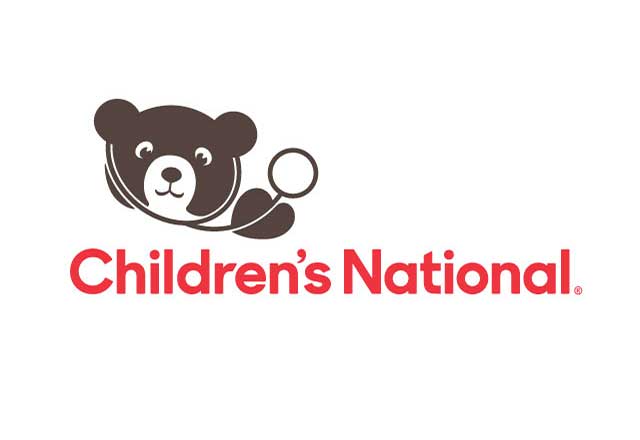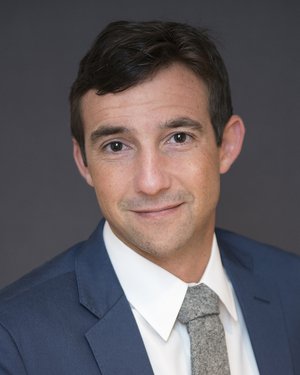Proton Therapy for Children
 Children’s National Hospital and Johns Hopkins Medicine combine the powers of two national leaders in pediatric cancer care to provide advanced radiation therapy and high-quality care for our youngest patients.
Children’s National Hospital and Johns Hopkins Medicine combine the powers of two national leaders in pediatric cancer care to provide advanced radiation therapy and high-quality care for our youngest patients.Children’s National and Johns Hopkins have collaborated to create one of the few dedicated pediatric proton therapy programs in the country. A multidisciplinary team is devoted to helping children and families find the best treatments for a variety of pediatric cancers.
In children, the ability to better steer protons to the cancer and only the cancer means that developing brains, hearts and lungs and growing bones can be better protected. Tumors that are close to other organs — which in the small bodies of children can be many — in the chest, abdominal and pelvic regions are also well suited to proton therapy.
This is especially important for children who are growing. Proton therapy can reduce damage to development and IQ as well as decrease the chance for another cancer to develop years later as a result of treatment.
A Child's Guide to Proton Therapy
Proton therapy may not be right for every child and every tumor, but in cases where it can help, it comes with many benefits, including:
- Minimizing the risk of impaired growth.
- Limiting the impact on neurological development.
- Preventing many long-term mental, emotional and physical consequences.
- Avoiding damage to reproductive organs and protecting fertility.
Appointments and Referrals
Proton Therapy Benefits for Children With Cancer
In children, the ability to better steer protons to the tumor means that the developing brain, heart and lungs and growing bones can be better protected from the side effects of radiation treatment.
More on proton therapy for childhood cancersOur Pediatric Proton Therapy Team
Our dedicated team of experts includes pediatric radiation oncologists and technicians; pediatric nurses, including a nurse practitioner and nurse navigator; a child life specialist; a nutritionist; survivorship and family counselors; and a pediatric anesthesiologist.

I’m extremely excited to offer proton therapy to my patients in the greater Washington, D.C., area. Working closely with Children’s National, we're able to provide the highest quality of care and clinical trials in coordination with the world’s leading pediatric cancer experts from both centers.
- Matt Ladra, M.D.



